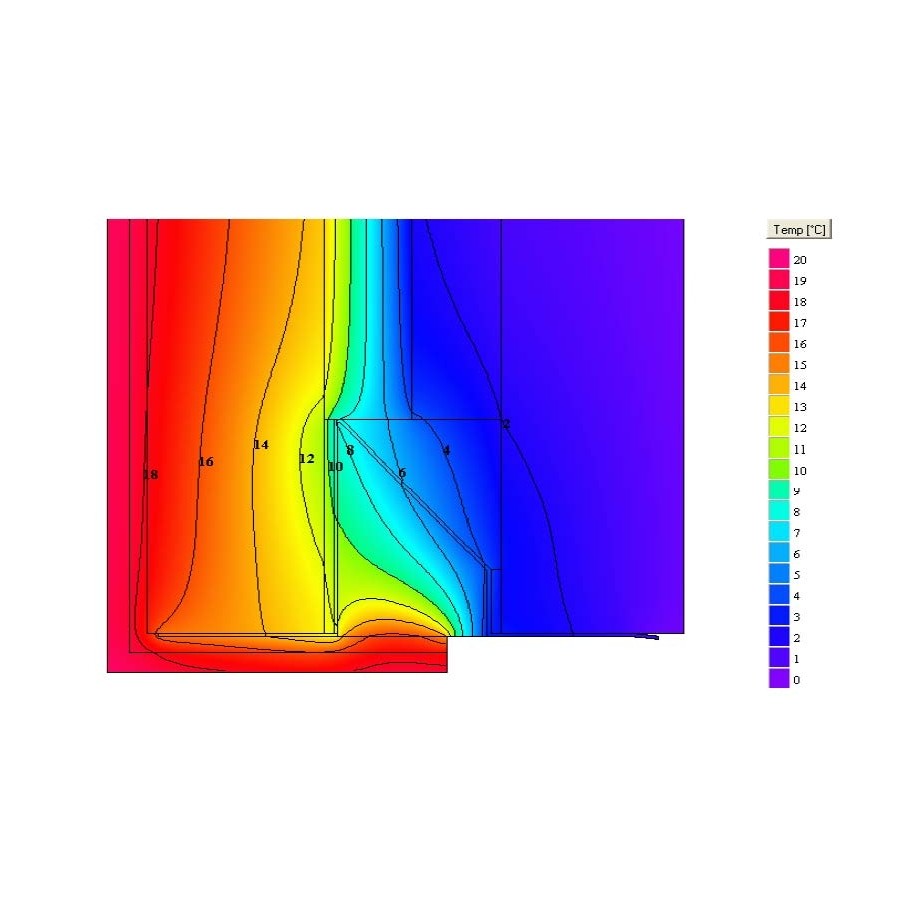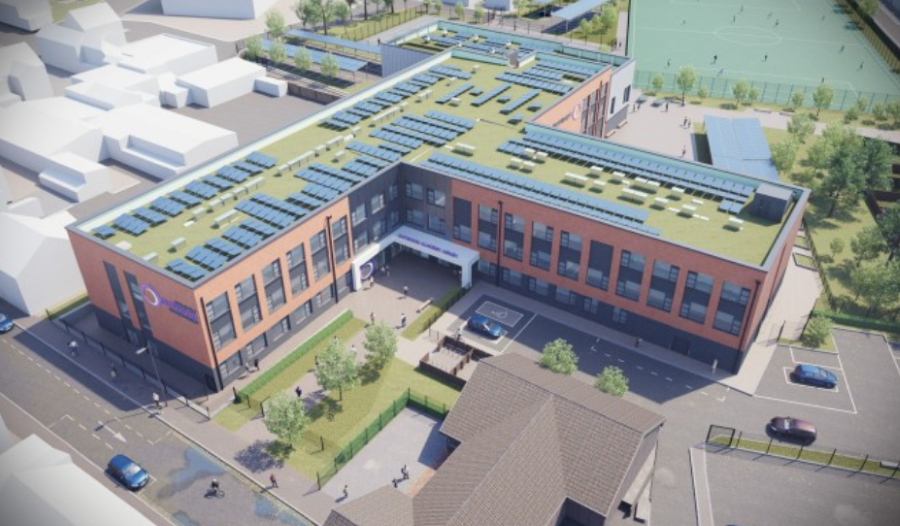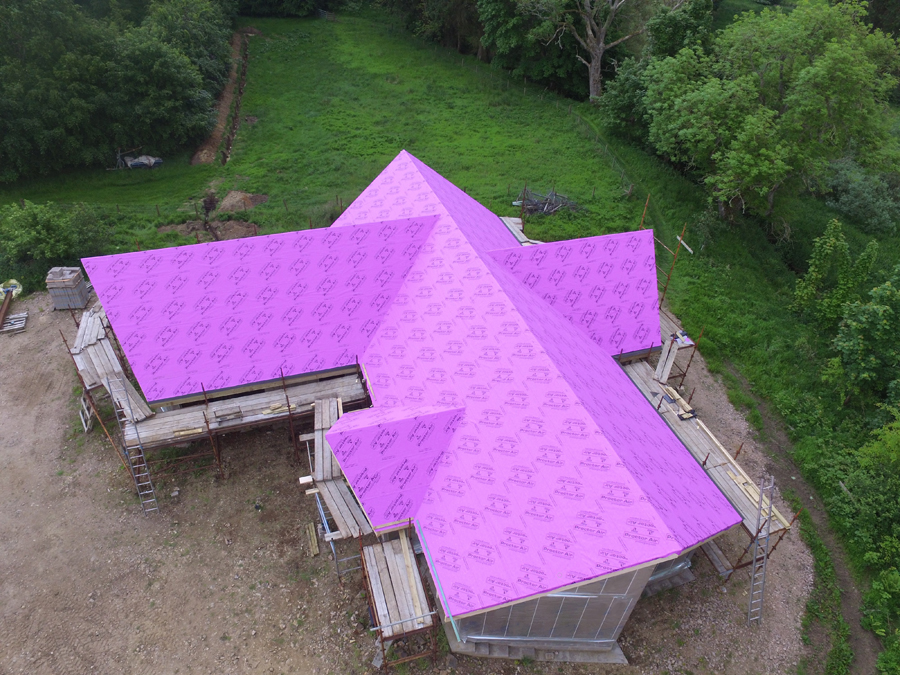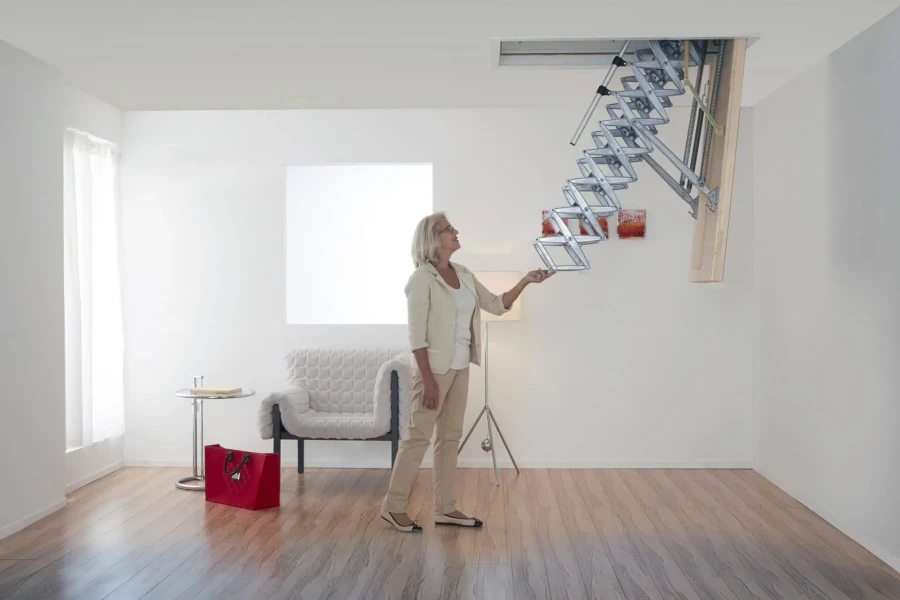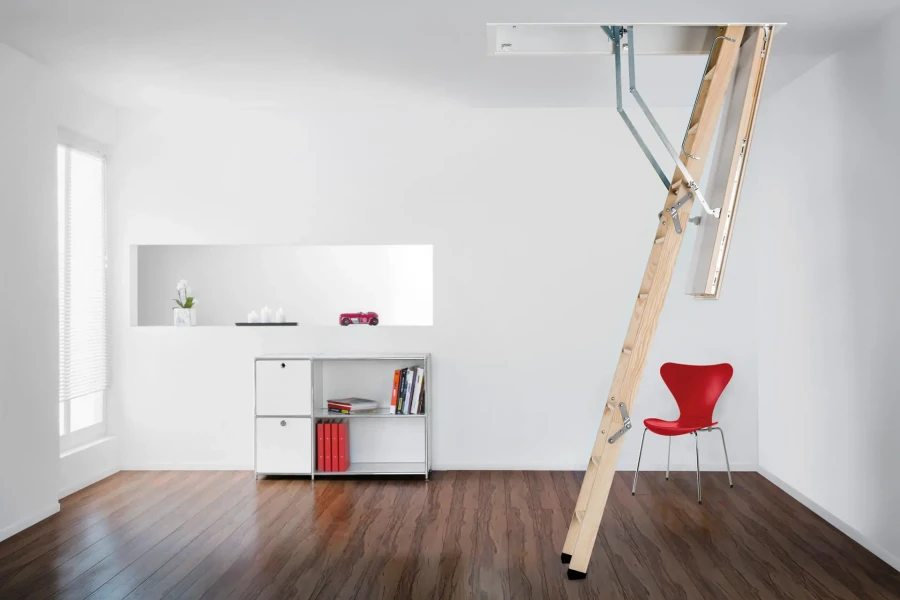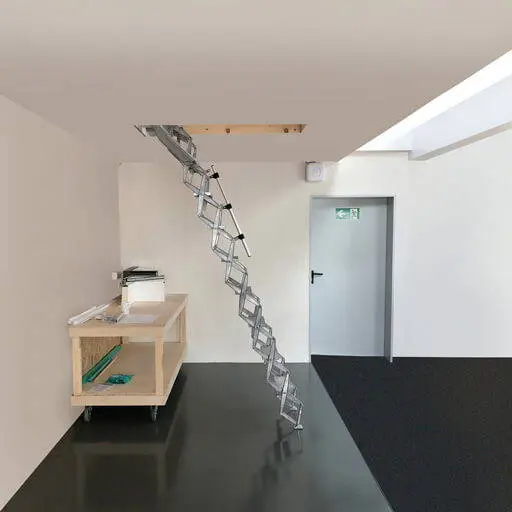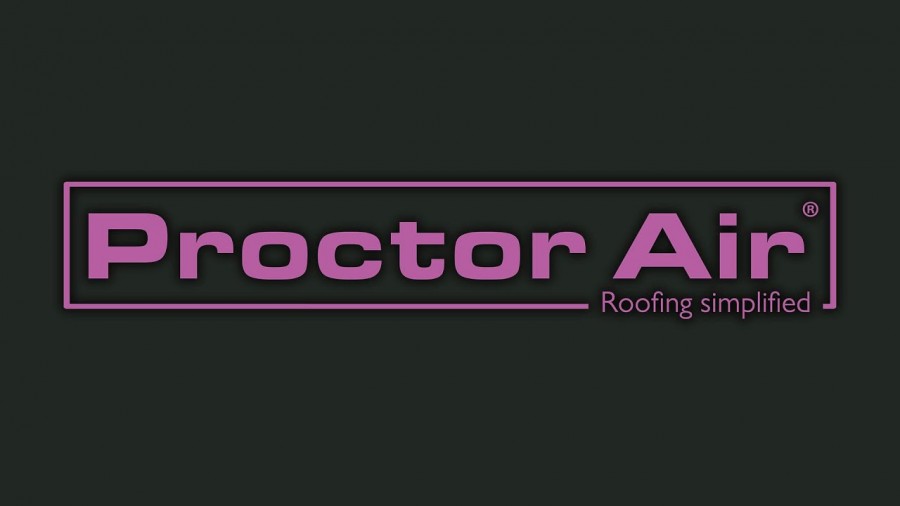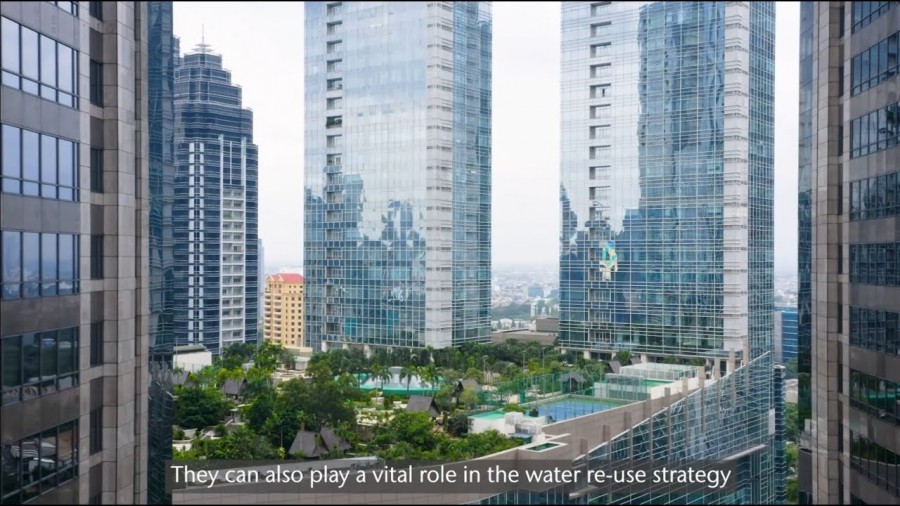Catnic has invested heavily in the research and development of thermally modelled details, to provide efficient psi-values for its lintels.
This means that when specifying Catnic’s steel lintels, house builders, architects and building engineers can achieve the best possible SAP ratings and, going forward, the most operationally energy and therefore carbon efficient buildings that comply with Part L1A 2010 of the building regulations.
Richard Price, Technical Director of Catnic, explained: “Energy escapes from a building fabric in three ways: via air leakage through holes and gaps in the building, as heat loss through the fabric of the building components measured as the u-value and as heat loss through thermal bridges measured as y-values and/or psi values.
“Thermal bridges generally occur between different building elements such as junctions between floors and walls, or walls and windows for example.”
Building Regulations call for every new building to be subjected to a SAP calculation to determine its energy efficiency, with the aim of ensuring the design and construction of thermally efficient buildings. The U-values, air leakage and the psi values are all required as part of the SAP calculation. The psi value is used to determine the y-value of the building (which is a percentage of the heat loss over the total area of the building envelope).
While there are standard tests to determine air leakage and a calculation to determine the u-values, there are several options for determining psi values, in order to reach a y-value for the building envelope: a house builder or developer can use the default figures provided, they can use accredited details, or products and systems that have their own thermally modelled details.
BRE IP 1/06 lists the default psi values for cavity wall lintels, covered under accredited construction details that can be used in SAP 2009 calculations. However, by selecting lintels that have been individually thermally modelled, the psi values can be considerably better than those provided by the default values given in BRS IP 1/06.
“Using the improved psi values provided with our thermally modelled lintels in their SAP 2009 calculations makes it easier for the house builder, architect or building engineer to ensure the dwelling emission rate meets the required target emission rate of the building.
The thermally modelled psi values can be entered directly into SAP 2009 with no penalties. This means that, by using Catnic’s thermally modelled lintels, it is easier and more cost effective to design buildings that comply with Part L1A 2010,” said Richard Price.






